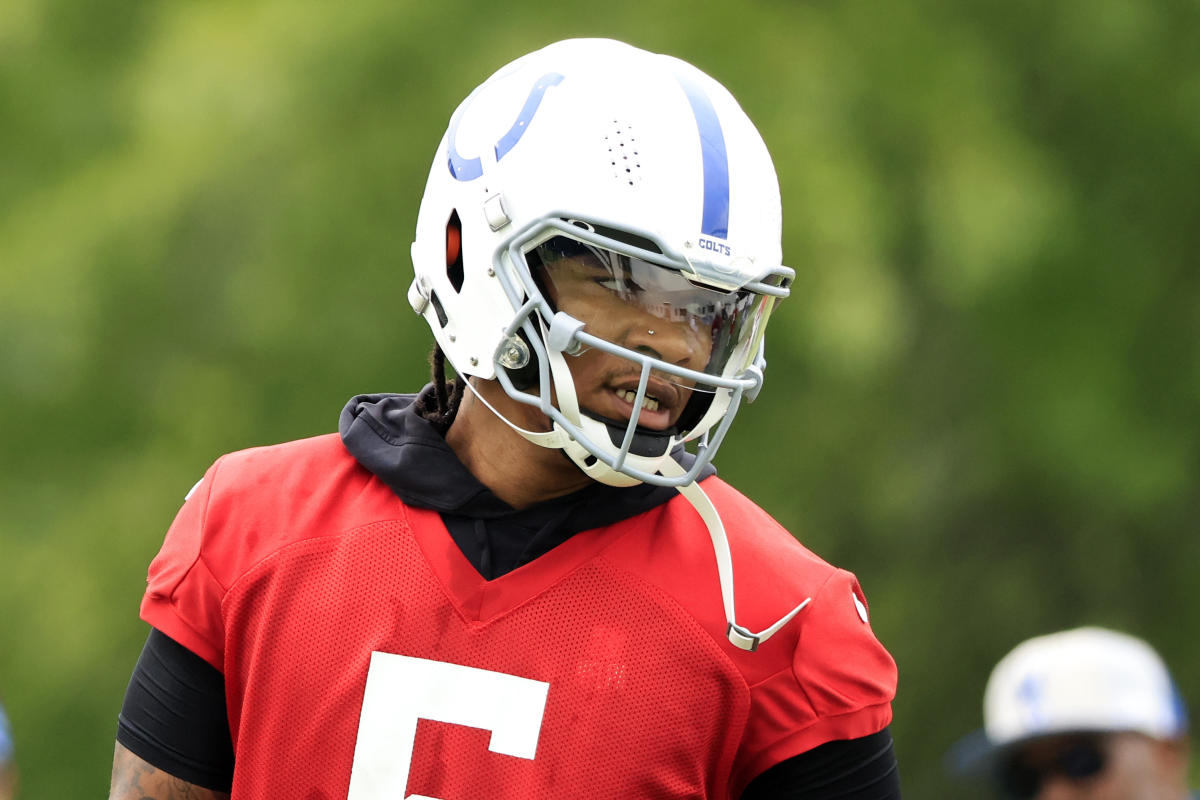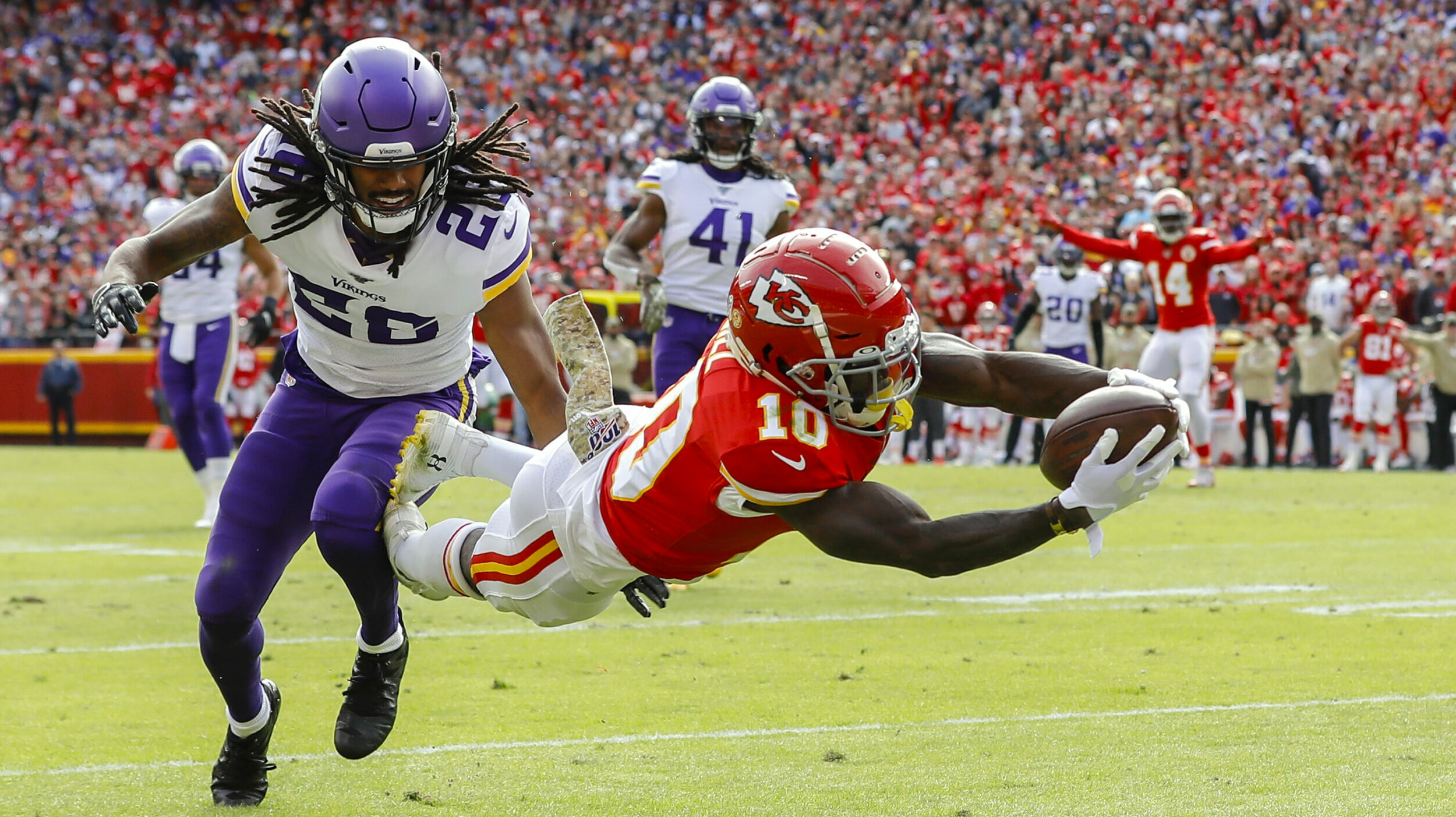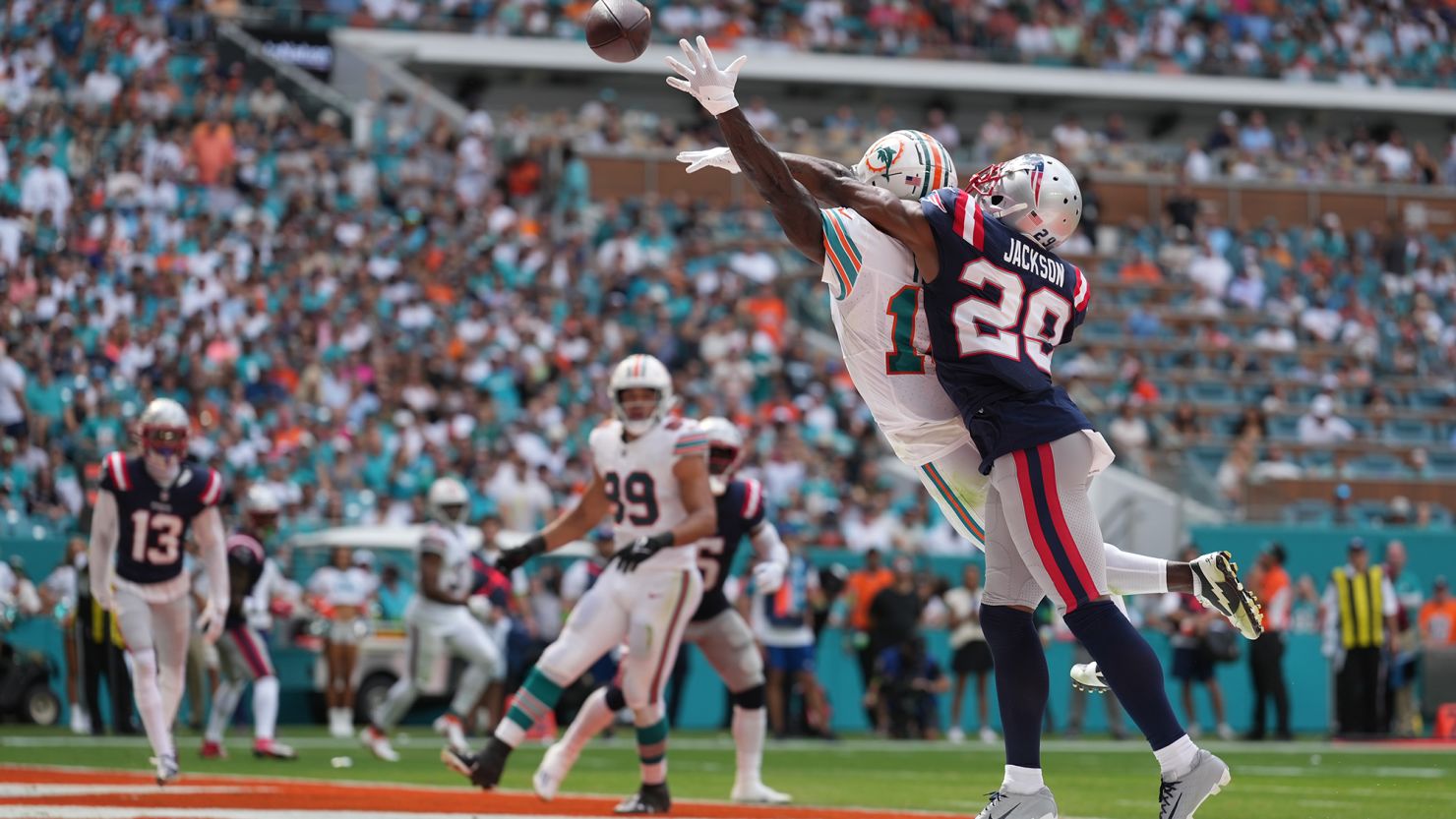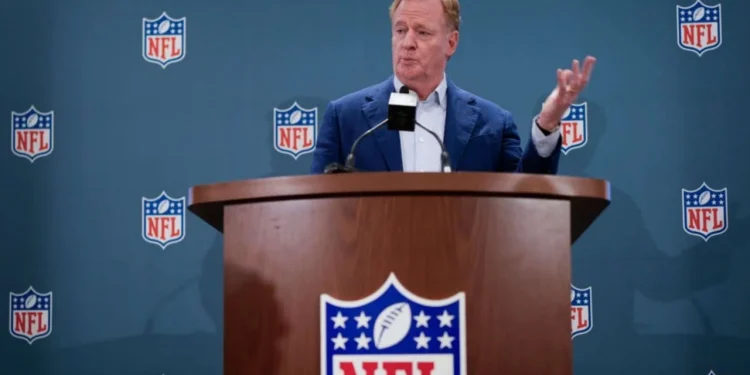The glitz and glamour of Los Angeles are set to host a high-stakes legal battle that could redefine NFL and sports broadcasting in America. The National Football League (NFL) is on trial, facing allegations of breaking antitrust laws over its “Sunday Ticket” telecast. The potential payoffs? A staggering $21 billion.

The Legal Battleground: NFL vs. Millions of Viewers
The origins of this colossal lawsuit trace back to 2015 when disgruntled subscribers of the NFL’s “Sunday Ticket” service decided to take a stand. They accused the league of monopolizing the distribution of out-of-market games through exclusive agreements with broadcast partners, effectively allowing DirecTV to charge exorbitant prices.
Representing millions of home viewers and commercial subscribers, such as bars and restaurants, the plaintiffs are demanding justice. They claim that the NFL’s practices violated antitrust laws, seeking $7 billion in damages. However, the stakes are even higher as antitrust cases can result in triple damages, potentially reaching a mind-boggling $21 billion.
NFL’s Denial and the Stakes of the Trial
Unsurprisingly, the league has vehemently denied any wrongdoing. The league has dismissed the damages claims as “speculative,” but the upcoming trial will determine the truth. The LA-based trial, presided over by U.S. District Judge Philip Gutierrez, begins with jury selection and promises to be a lengthy affair.

Adding to the courtroom drama, key figures like Commissioner Roger Goodell, Dallas Cowboys owner Jerry Jones, and New England Patriots owner Robert Kraft might be called to testify. Their testimonies could provide explosive insights into the inner workings of the NFL’s broadcasting deals.
The Arguments: Expanding Access or Restricting It?
At the heart of the trial lies the plaintiffs’ argument that the NFL’s “Sunday Ticket” is a premium product designed to expand access to televised games, not restrict it. Lawyers representing subscribers who bought “Sunday Ticket” between June 2011 and February 2023 will strive to convince the jury of this viewpoint.
Should they succeed, the trial will enter a second phase focusing on potential injunctions. These could force the league to alter its distribution model for “Sunday Ticket,” fundamentally changing how fans access their favorite out-of-market games.
A Changing Landscape: From DirecTV to YouTubeTV
The lawsuit, spanning nearly a decade, has seen significant shifts in the “Sunday Ticket” landscape. Originally held by DirecTV since 1994, the rights transitioned to Google’s YouTubeTV in 2022 for a whopping $2 billion. This move has somewhat democratized access for residential subscribers.
YouTubeTV offers “Sunday Ticket” for $349 a year to its subscribers, while non-subscribers can access the service for $449 a year. Meanwhile, DirecTV retains the rights to offer “Sunday Ticket” to commercial establishments, ensuring that bars, restaurants, and hotels can still provide the games to their patrons.

What Lies Ahead: The Future of NFL Broadcasting
The outcome of this trial could reshape the future of football broadcasting. If the plaintiffs prevail, the league might have to rethink its exclusive agreements and pricing strategies. Such changes could make “Sunday Ticket” more accessible to a broader audience, potentially lowering costs and increasing viewership.
As the trial unfolds, all eyes will be on Los Angeles. The stakes are monumental, not just for the league and its broadcasting partners but for millions of football fans across the country. The courtroom drama promises to be as riveting as the games themselves, with billions of dollars and the future of sports broadcasting hanging in the balance.
A Trial to Watch
The NFL’s “Sunday Ticket” antitrust trial is more than just a legal dispute; it’s a clash of titans that could redefine how America watches its favorite sport. With billions at stake and the potential for seismic shifts in broadcasting, this trial is set to be a landmark case in the world of sports and entertainment.
Stay tuned as the drama unfolds in Los Angeles, and the future of football broadcasting takes center stage.
Source: NY Post









